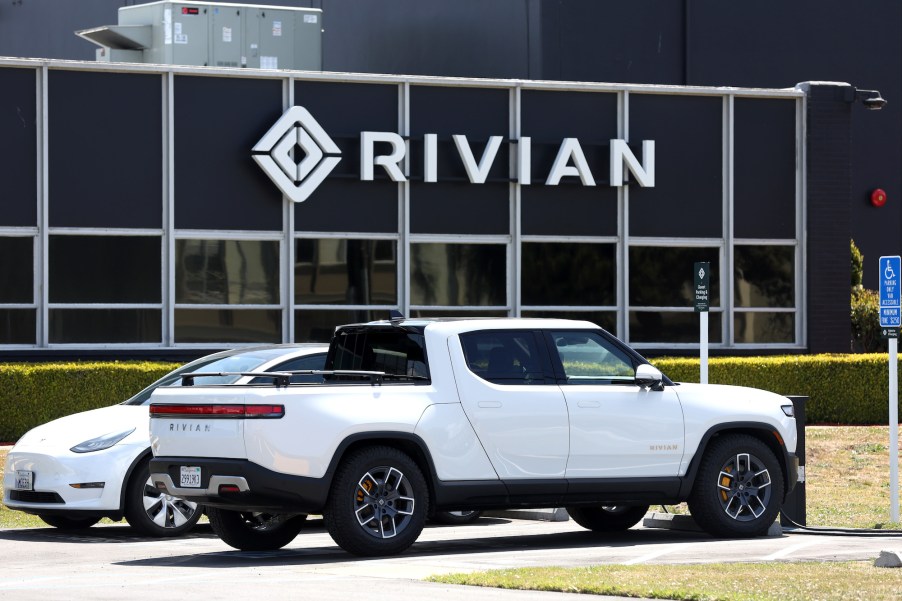
How Does Towing Capacity Affect an EV Truck’s Driving Range?
EV options continue to grow in popularity as the number of charging stations has increased, addressing fears of EV driving range. Even still, the range is one of the most significant setbacks regarding EV adoption to the public, and most people aren’t aware of the factors that impact how far an EV can go between charges. Some factors can dramatically reduce the range in a way that is noticeable right away, while others can reduce the range in smaller increments that add up over time.
For those interested in EV trucks, the question of how towing capacity affects the range is frequently top-of-mind. Here’s how towing capacity and other factors can impact an EV truck’s range.
Many EVs are already quite powerful

Some prospective EV owners may avoid purchasing an EV because they worry that EVs don’t have enough power to tow heavy loads in the first place. While there are some EV options most wouldn’t consider powerhouses, like the Nissan Leaf or Toyota Prius EV, plenty of EVs are fully capable of towing heavy hauls.
For example, the Audi e-tron with the quattro all-wheel drive system may not be an EV truck, but it can still tow quite a bit. According to Gear Junkie, this EV can tow up to 4,000 lbs, and its twin-motor drive system can produce up to 355 hp and 414 lb-ft of torque. More traditionally rugged EVs, like the Jeep Grand Cherokee 4xe, boasts a max towing capacity of 6,000 pounds. When not towing, the Grand Cherokee gets an impressive range of 400 miles.
If you’ve been avoiding purchasing an EV because you’re worried about the towing power it posses, you may be presently surprised. The problem with EVs when it comes to towing isn’t power. It’s the range impact it can have.
Towing with an EV drastically reduces its range
When a vehicle uses more power to cover the same distance, it will inevitably consume more fuel to compensate for the extra work it’s performing. MotorTrend recently set out to see just how much faster the battery drains in an EV when it tows a large haul. The test centered around the Rivian R1T hauling a 9,000-lb trailer with the Rivian’s max hauling capacity at 11,000 pounds.
According to Car and Driver, the Rivian R1T originally has a range of approximately 314 miles. While towing the trailer MotorTrend estimated the actual range would be about 170 miles, which is about 45% less range than without the trailer. Interestingly, a range of 170 miles is still further than a Nissan Leaf can go on a single charge, but it is less than most other EVs on the market.
EVs aren’t the only vehicles that lose range when towing
Losing a significant amount of range isn’t a problem exclusive to electric vehicles. Gas-powered vehicles also take a major hit in fuel efficiency and driving range when they tow heavy loads.
The difference between the loss of EV range versus gas-powered when towing is that most gas vehicles have a substantially longer range, to begin with. So when towing heavy trailers and other loads, gas-powered vehicles can’t go as far as they otherwise would, but they can generally go further than electric vehicles can when hauling.
Plus, gas-powered vehicles tend to have fueling opportunities at nearly every exit on the highway, while it’s still much harder to find charging stations to fuel up your EV while on a towing road trip. Fortunately, that all should change in the coming years. In 2021 alone, the number of charging stations available in the United States grew by 55%, according to the U.S. Department of Energy.
In the end, EVs can be an excellent option for people who need to tow heavy objects but mostly travel locally.


